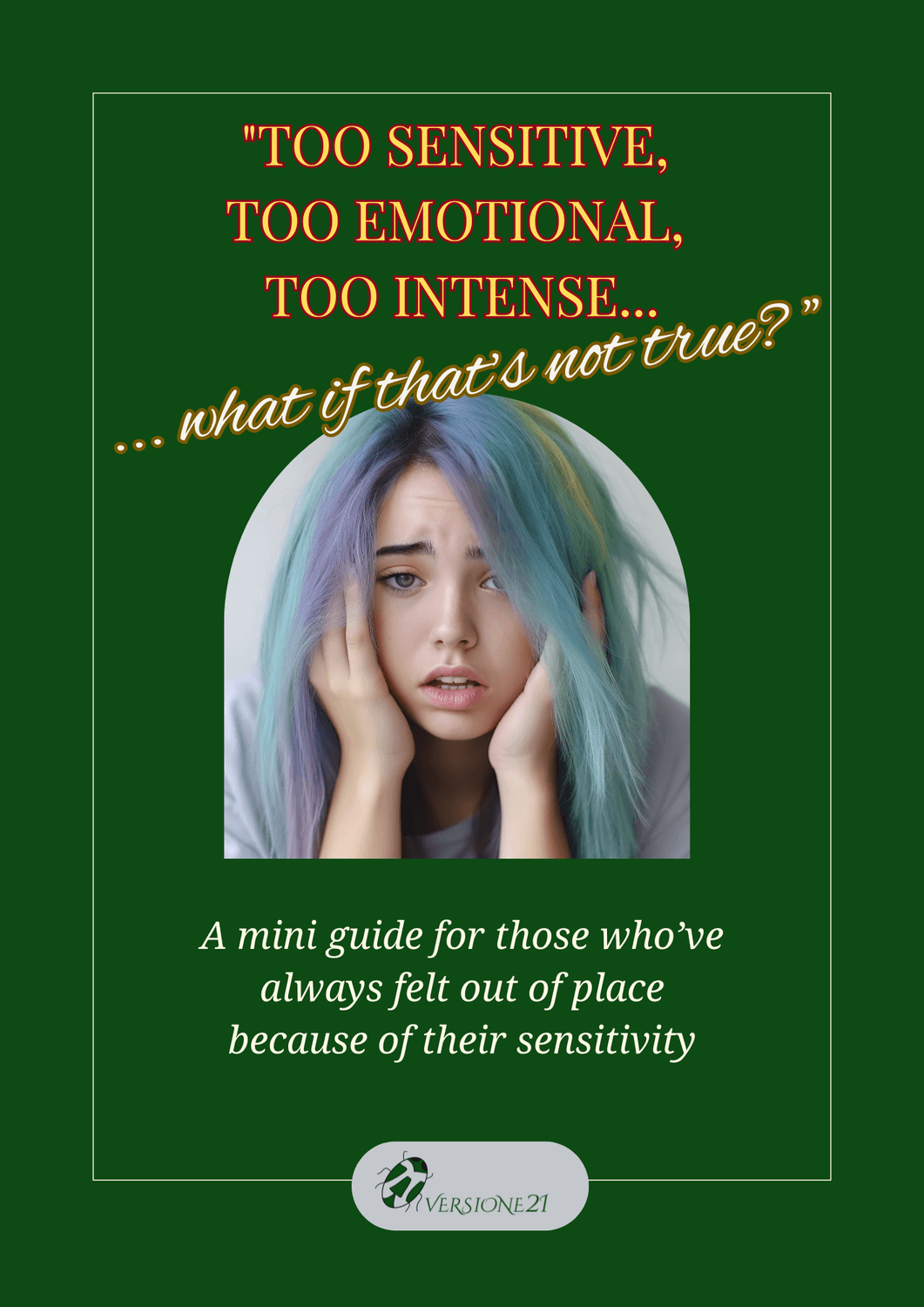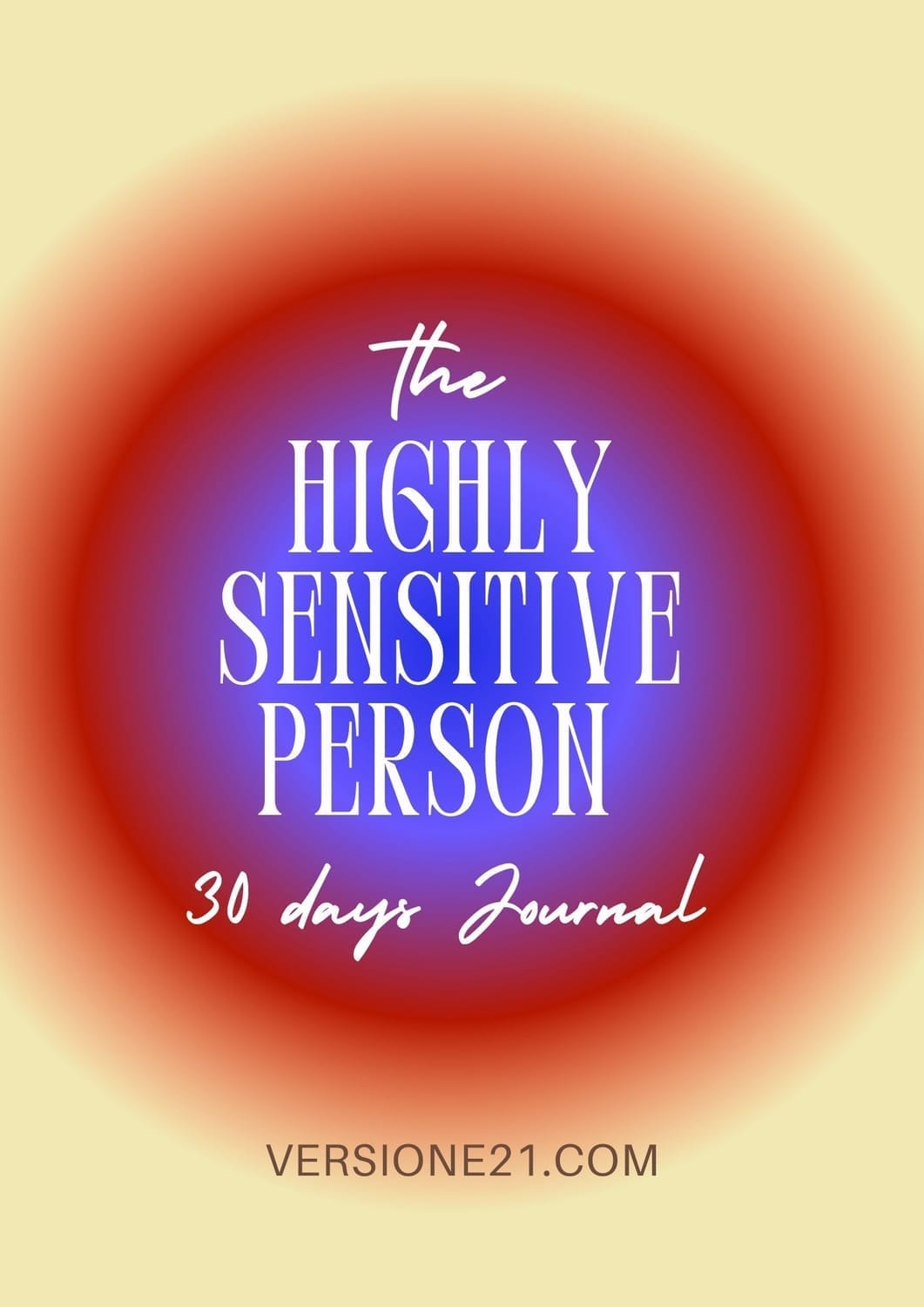The Power of Self-Awareness: Techniques to Enhance Emotional Intelligence ( EQ )
Self-awareness is the foundation of emotional intelligence and personal growth.
Understanding your emotions, reactions, and behavioral patterns allows you to make conscious choices rather than acting on impulse. When we are self-aware, we gain the ability to regulate emotions, improve relationships, and navigate challenges with confidence.
In the following lines, I will explore the importance of self-awareness, how it enhances emotional intelligence, and practical techniques to develop this essential skill.

What is Self-Awareness?
Self-awareness is the ability to recognize and understand your emotions, thoughts, and behaviors.
It includes:
Internal Self-Awareness – Understanding your emotions, values, strengths, and weaknesses.
External Self-Awareness – Recognizing how your actions and emotions affect others.
Both aspects of self-awareness are crucial for developing emotional intelligence and fostering meaningful connections with others.

The link between Self-Awareness and Emotional Intelligence
dlin
Emotional intelligence (EQ) consists of five key components:
1) Self-Awareness – Recognizing and understanding emotions.
2) Self-Regulation – Managing emotions effectively.
3) Motivation – Using emotions to drive positive actions.
4) Empathy – Understanding the emotions of others.
5) Social Skills – Navigating relationships with emotional understanding.
By improving self-awareness, you strengthen all areas of emotional intelligence, leading to better decision-making, enhanced communication, and a greater sense of well-being.
Techniques to develop Self-Awareness and Emotional Intelligenceli
n

1. Practice Mindful Observation
in
Mindfulness helps you become more aware of your emotions and reactions in the present moment.
Try:
Taking a few deep breaths before responding to situations.
Observing how your body feels when experiencing different emotions.
Noticing patterns in your thoughts and behaviors without judgment.
2. Keep a Self-Reflection Journal
Journaling is a powerful tool for increasing self-awareness.
Consider writing about:
What emotions did I experience today, and why?
How did I react to challenging situations?
What can I learn from my emotional responses?

3. Identify Emotional Triggers
Understanding what situations or people trigger strong emotions can help you respond more effectively.
Ask yourself and writing about:
What types of comments or situations make me feel defensive?
Are there recurring themes in my emotional reactions?
How can I create strategies to manage these triggers?
4. Seek Constructive Feedback
Sometimes, others can see things about us that we don’t notice ourselves.
To enhance self-awareness:
Ask trusted friends or colleagues for honest feedback.
Be open to constructive criticism without becoming defensive.
Reflect on patterns in the feedback you receive.

5. Develop Emotional Vocabulary
Being able to label emotions accurately improves self-awareness.
Instead of just saying, "I feel bad," try:
"I feel frustrated because my expectations weren’t met."
"I feel anxious about an upcoming challenge."
"I feel grateful for the support I received today."
6. Pause Before Reacting
Self-aware individuals take time to process emotions before reacting.
When faced with an emotional situation:
Take a deep breath and count to five before responding.
Ask yourself, "What is the best way to handle this situation?"
Consider the long-term consequences of your response.

7. Embrace Self-Compassion
Self-awareness isn’t about harsh self-criticism; it’s about understanding yourself with kindness.
To cultivate self-compassion:
Accept that mistakes are part of learning.
Treat yourself as you would your best friend.
Recognize your progress rather than focusing only on flaws.
8. Engage in Active Listening
Being fully present when listening to others helps build both external self-awareness and empathy.
Practice:
Maintaining eye contact and giving full attention.
Refraining from interrupting or formulating a response too quickly.
Summarizing what the other person said to ensure understanding. (reformulate is important in particular when you are empath, because often you could be driven to interpretate instead of listening)

9. Set Personal Growth Goals
Using self-awareness to drive personal growth leads to long-term benefits. Consider setting goals such as:
Becoming more patient in stressful situations.
Learning to express emotions in a healthy way.
Practicing gratitude to shift your mindset.
10. Reflect Regularly
Building self-awareness is an ongoing process.
Dedicate time to reflect by
Setting aside weekly moments for introspection.
Reviewing past journal entries to notice progress.
Asking yourself what lessons you’ve learned from recent experiences.

In the end
Developing self-awareness is a lifelong journey that leads to stronger emotional intelligence, better relationships, and personal growth.
By incorporating mindfulness, journaling, feedback, and reflection into your routine, you can cultivate a deeper understanding of yourself and your emotions.
The more self-aware you become, the more control you gain over your reactions, choices, and overall well-being.
Start with small changes today, and watch how your emotional intelligence and self-awareness transform your life.
If you want my help in developing your self-awareness you can book a session with me clicking the button right below

Simona D'Isanto
Author
Hi, and welcome to my blog!
Here, I share insights and resources to support your emotional well-being and personal growth.
I also offer individual and group sessions in psychotherapy, coaching, and sophrology — tailored especially for Highly Sensitive People (HSPs).
I’m here to support you in English, French, or Italian. Feel free to explore the website in the language that feels most comfortable for you.
👉 Click here to discover how we can work together
👉 Click here to download my new free guide for Highly Sensitive People :
👉 Click here to buy my journal for Highly Sensitive People :
Follow me
© 2026 Versione21, Simona D'Isanto SIRET : 839 889 995 00016
"Conformément aux articles L.616-1 et R.616-1 du code de la consommation, nous proposons un dispositif de médiation de la consommation. L’entité de médiation retenue est la CNPM Médiation Consommation. En cas de litige, vous pouvez déposer votre réclamation sur son site https://www.cnpm-mediation-consommation.eu/ ou par voie postale en écrivant à CNPM Consommation, 27 avenue de la Libération 42400 Saint-Chamond"









